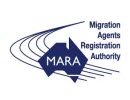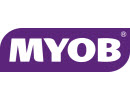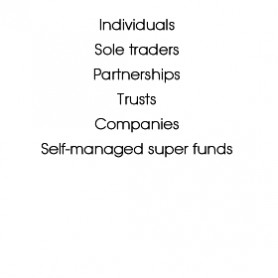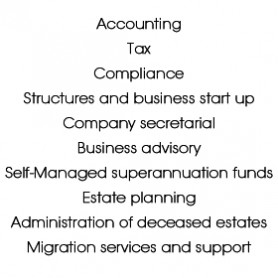For the 2013–14 financial year onwards, excess concessional contributions are no longer subject to excess contributions tax. If your contributions exceed the cap, the amount will now be included in your assessable income and taxed at your marginal tax rate, rather than the excess concessional contributions tax rate of 31.5%.
You will also have to pay the excess concessional contributions (ECC) charge on the increase in your tax liability. This charge is applied to recognise that the tax on excess concessional contributions is collected later than normal income tax.
To reduce your tax liability, the tax office will apply a 15% tax offset to account for the contributions tax that has already been paid by your super fund provider.
You may elect to withdraw up to 85% of your excess concessional contributions from your superannuation fund to help pay your income tax assessment when you have excess concessional contributions. Any excess concessional contributions withdrawn from your fund will also no longer count towards your non-concessional contributions cap.
Example: Excess concessional contributions
During the 2013–14 financial year, Mary (aged 51), salary sacrificed money to super, and her total contributions were $35,000. Because Mary’s concessional cap was $25,000, Mary’s excess concessional contributions total $10,000.
Mary lodges her income tax return, and has taxable income of $70,000. The ATO then includes the $10,000 of excess concessional contributions, which increases Mary’s taxable income to $80,000. Mary will be assessed at her effective marginal tax rate of 34% (including 1.5% Medicare levy).
The additional tax payable as a result of the excess concessional contributions is $3,400.
Mary is now entitled to a tax offset equal to 15% of her excess concessional contributions, decreasing her tax liability by $1,500.
With the inclusion of the excess concessional contributions (ECC), Mary’s tax liability has increased by $1,900 ($3,400 – $1,500), and the ECC charge will be applied to this amount.
Mary doesn’t have to do anything; we will notify her by sending the following:
- an income tax notice of assessment
- an excess concessional contributions determination
- an excess concessional contributions fact sheet
- an excess concessional contributions election form.
Mary has 21 days to pay her account. She decides to take up the option to withdraw some of her excess concessional contributions from one of her super funds to help pay her tax debt.
Mary completes the excess concessional contributions election form and decides to release the full amount of $8,500. She sends the election form to the ATO, which then issues a release authority to Mary’s nominated fund to have the money released to the ATO. Upon receipt of the money, the ATO offsets the amount against any debts Mary has, before refunding her the balance.
(End of example)
Including ECC in your assessable income may impact your pay as you go instalments. For more information, refer to PAYG instalments.
If you have excess concessional contributions reported to us after you have lodged your income tax return, we will amend your income tax return to include the ECC. We will send you an income tax notice of amended assessment, excess concessional contributions determination and fact sheet, and excess concessional contributions election form.
For the years before 1 July 2013, if we identify you have ECC, we will write to you so you can check that the information used in our calculation is correct. If this information is correct, you will be assessed to pay excess contributions tax.
- For the 2011–12 and 2012–13 financial years only, if you have exceeded your concessional (before tax) contributions cap by $10,000 or less, you may receive a once-only offer to have the ECC refunded to you and assessed at your marginal tax rate, rather than pay excess contributions tax. See Offer to have excess concessional contributions refunded for the 2011-12 and 2012-13 years only.
Excess concessional (before-tax) contributions charge
From 1 July 2013, the excess concessional contributions (ECC) charge is applied to the additional income tax liability arising as a result of having ECC included in your income tax return. The intent of the ECC charge is to acknowledge that the tax is collected later than normal income tax. The charge is payable for the year a person makes ECC. If you don’t pay the ECC charge by the due date, general interest charge (GIC) may apply.









